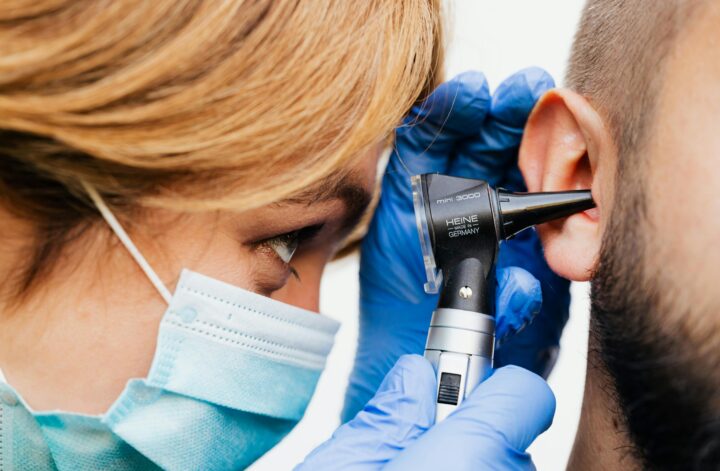Hearing is something many people don’t think much about until it starts to change. From everyday habits to unexpected health issues, there are several things that can quietly impact your hearing over time. In some cases, these issues can even lead to ringing in the ears, which is also known as tinnitus.
This is why it’s so important to be aware of both the risk factors and available tinnitus treatment options early on. There are four very common and sometimes surprising things that could be affecting your hearing.
1. Prolonged exposure to loud noise. One of the most well known culprits of hearing damage is noise exposure. This is especially over long periods.Whether you’re attending concerts or using power tools, or you’re simply turning up your headphones too loud, prolonged exposure to sound above 85 decibels can cause gradual and permanent hearing loss. A common symptom of noise induced hearing damage is tinnitus, which is a persistent ringing, buzzing, or hissing sound in the ears. There may not be a one size fits all tinnitus treatment, but there are effective ways to manage it. Sound therapies, hearing aids with tinnitus, masking features, and mindfulness techniques can all help. Protecting your ears from loud noise is now one of the best ways to prevent issues down the road.
2. Earwax buildup. It may seem harmless, but a buildup of earwax can actually affect your hearing. When too much wax accumulates, it can block the ear canal and muffle sounds, which leads to temporary hearing difficulties. In some cases, it may even lead to tinnitus-like symptoms. Avoid using cotton swabs to clean your ears as they often push wax deeper, but instead use ear drops or consult a healthcare professional if you think wax might be affecting your hearing. The good news is that once the blockage has been removed, hearing usually returns to normal.
3. Medications. Some prescription and over the counter medications are known to have ototoxic effects, meaning that they can harm the structures of the inner ear. These drugs contain certain antibiotics, chemotherapy treatments and even high doses of aspirin or NSAIDs like ibuprofen. If you’re taking any medications and notice changes in your hearing, speak to your doctor straight away because they may adjust your dosage or recommend an alternative.
4. Underlying health conditions. Hearing loss is usually a symptom of a broader health issue going on. Conditions such as diabetes, high blood pressure, and autoimmune disorders can reduce blood flow to the ears or damage nerves, which affects your ability to hear clearly. Infections like measles, meningitis, or even severe cold can also temporarily or permanently impact your hearing. Taking care of your overall health plays a vital role in protecting your ears, so regular check ups, managing chronic conditions and staying active all contribute to better hearing health.
Your hearing can be affected by more than just loud noise, and a little attention now can go a long way in preserving your hearing for the future.




